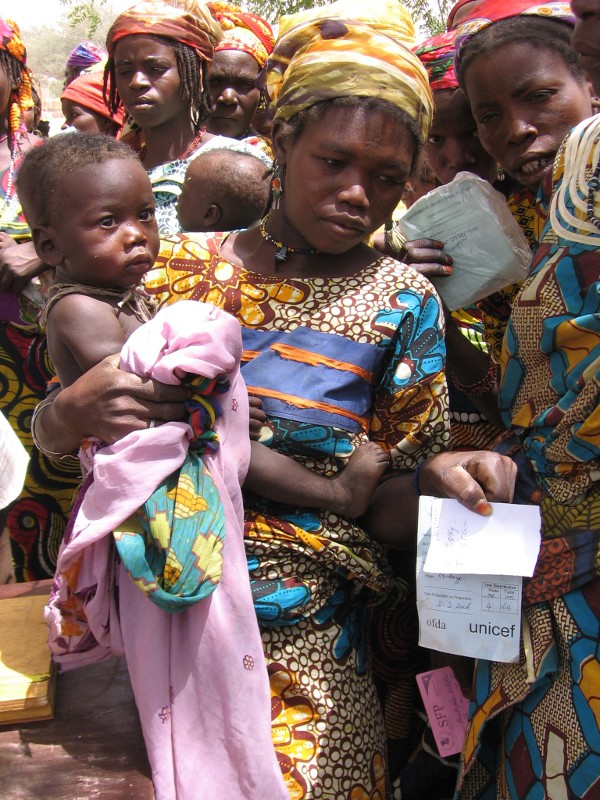- What We Do
- Agriculture and Food Security
- Democracy, Human Rights and Governance
- Economic Growth and Trade
- Education
- Environment and Global Climate Change
- Gender Equality and Women's Empowerment
- Global Health
- Humanitarian Assistance
- Transformation at USAID
- Water and Sanitation
- Working in Crises and Conflict
- U.S. Global Development Lab
Speeches Shim

Latest Lake Chad Fact Sheet
Key Developments
USAID is responding to the complex emergency in the Lake Chad Basin region, including areas of Nigeria, Cameroon, Chad, and Niger.
Security conditions have worsened in parts of the Lake Chad Basin in recent months as organized armed groups continue to attack civilians, particularly in northeastern Nigeria and Cameroon’s Far North Region. The ongoing conflict in the Lake Chad Basin, along with climatic shocks and extreme poverty continue to fuel a displacement crisis in the region. As of September 24, the region was hosting nearly 5.1 million internally displaced persons, refugees, recent returnees, and other migrants.
Heavy rainfall intensified beginning in late July and led to large-scale flooding across Central and West Africa—including much of the Lake Chad Basin—which has damaged cropland, houses, transportation systems, and other infrastructure and led to displacement in affected areas.
Community transmission of COVID-19 is ongoing across the Lake Chad Basin, and travel restrictions and other measures meant to prevent the spread of COVID-19 continue to negatively affect humanitarian conditions. Although humanitarian actors are providing food assistance in accessible areas of the Lake Chad Basin, the ongoing conflict continues to generate widespread food insecurity, which has been exacerbated in recent months by large-scale flooding and the COVID-19 pandemic.
Please visit our web page for additional information.
Background
Continued Boko Haram- and Islamic State of Iraq and Syria-West Africa-related insecurity has resulted in population displacement, disrupted livelihoods, food insecurity, and protection concerns in northeastern Nigeria—primarily Adamawa, Borno, and Yobe states—since 2015. Insecurity continues to restrict access to basic services, and both displaced people and vulnerable host communities are in need of emergency food assistance, safe drinking water, relief commodities, as well as health, nutrition, protection, shelter, and water, sanitation, and hygiene interventions. The majority of internally displaced persons in northeastern Nigeria continue to reside in host communities and camps, straining local resources and exacerbating needs among displaced and host populations. On October 3, 2019, Chargé d’Affaires, a.i., Kathleen FitzGibbon redeclared a disaster for FY 2020 due to the ongoing complex emergency in Nigeria.

Comment
Make a general inquiry or suggest an improvement.